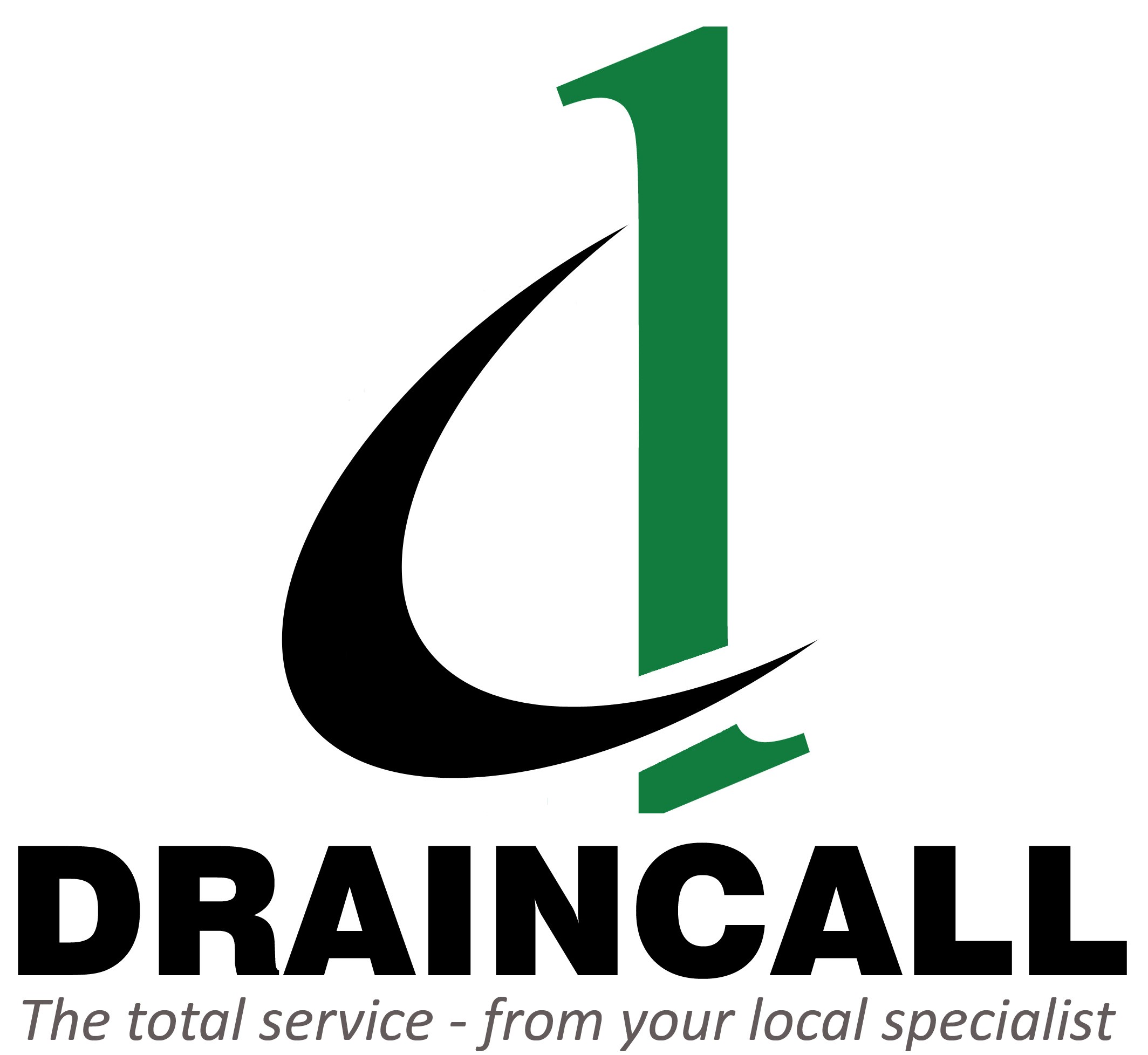Why is My Toilet Blocked?
If you’re wondering, why your toilet keeps getting blocked you’re in the right place.
Your toilet may be blocked due to several common reasons. It may be from flushing inappropriate items, excessive toilet paper use, a blocked toilet trap, issues with low-flow toilets or blocked toilet vents. Understanding these causes can help you prevent future blockages and determine when professional help is needed. Let’s explore each of these reasons in detail to help you identify and resolve your toilet blockage issue.
We’re here to help answer your question, why is my toilet blocked?
Signs of a Blocked Toilet
- Flushing the Wrong Items
- Blocked Toilet Trap
- Toilet Blocked With Tissue
- Low-Flow Toilet
- Toilet Vent blocks
- When to Call a Professional
- Signs of a Blocked Toilet
Why my toilet keeps blocking?
With any potential blockage, there will be signs you will notice first. Some of the common ones include:
Slow drains: You may have noticed after flushing that the water in the toilet bowl is draining slowly or barely at all. This could be a sign of a partial blockage in the waste pipe.
Rising water: An immediate sign of a blockage is if the water in the bowl rises higher than normal and doesn’t go down.
Irregular Sounds: Sometimes we can hear if something is wrong rather than see it. Unusual noises when flushing can indicate air is trapped in the plumbing due to a blockage.
These are the first signs you have a blocked toilet. Spotting them early can help you understand why your toilet keeps blocking and find solutions to fix it. By acting quickly, you can prevent the problem from worsening and avoid future blockages.
Flushing the Wrong Items
Flushing items that aren’t meant for toilets is a major cause of blocks. While products such as “flushable” wipes may seem safe, they can easily block your pipes. Paper towels, disposable cloths, cotton buds, sanitary products and even baby wipes should never be flushed. These items don’t break down like toilet paper and can cause a build-up in your plumbing.
Remember, toilets are only designed for human waste and toilet paper. Anything else, no matter how convenient it seems, should be thrown in the bin. Misconceptions about what’s flushable lead to many blocked toilets, so be mindful of what goes down the drain to avoid plumbing problems in the future.
Blocked Toilet Trap
A blocked toilet trap is a common cause of a blocked toilet. The p-trap is the curved pipe just below the toilet bowl that holds water. If your toilet keeps blocking, the trap might be blocked with too much toilet paper, foreign objects or waste buildup.
A partially blocked trap can also slow down water drainage and if left alone, it may lead to a complete block and toilet overflow.
Toilet Blocked With Tissue
Toilet paper is designed to break down quickly, but too much can still block your drain. It can also slow down the flush and prevent new water from entering the bowl. If you tend to use a lot of toilet paper, blockages can be prevented by flushing more than once to clear the waste and then the toilet paper. If you do get a block, a standard toilet plunger is usually enough to clear the blockage.
Low-Flow Toilet
Low-flow toilets are designed to save water and reduce bills. Older low-flow toilets often lack the power to flush waste properly due to their low water pressure, leading to a blocked toilet. This can also cause slower flushes and the bowl to refill slowly.
If your low-flow toilet keeps blocking, it may be time to upgrade to a newer model. A modern low-flow toilet can provide better flushing performance without wasting water.
Toilet Vent blocks
Many toilets have a component called a plumbing vent, which allows fresh air into the system to improve flushing power. However, these vents can get blocked with debris, which can reduce their flushing pressure. If the toilet vent becomes blocked, it can lead to a blocked toilet and other plumbing problems.
Common signs of a blocked toilet vent include:
- Toilet gurgling
- Sewer smells indoors
- Slow drains throughout the house
When to Call a Professional?
If you’re dealing with a blocked toilet, it’s often better to call a professional plumber rather than risk making the problem worse. Here are a few signs that it’s time to get help:
Overflowing Toilet: If water starts overflowing from the toilet bowl, it’s crucial to address this immediately to avoid water damage.
Overflowing External Waste Pipe: If you notice waste water overflowing from the external waste pipe or gully trap, this indicates a serious blockage that needs urgent attention.
A blocked toilet vent: This reduces flushing power, causing waste to linger and create blocks. If you notice any of these signs, it’s best to call a professional plumber to clear the vent.
If this is the case, a plumber can quickly identify any issues with your blocked toilet and prevent further damage.
Fix Your Blocked Toilet With Draincall
If your toilet is blocked, DrainCall is here to help. We offer expert, 24/7 service for all your toilet blockage needs, available year-round for emergencies. From assessing the issue to clearing the blockage and offering advice to prevent future problems, our team has you covered. Contact us anytime for a fast and professional service. We’re here to get your toilet working properly.

